“Kathmandu is getting back to normal now, but water is not.”
That’s what N.D. Lama told me when I spoke with him yesterday about the current situation in Nepal, where a 7.8 earthquake hit the central region of the country late last month. N.D., a seminary student from Nepal, is working to bring services to the areas most affected.
“Water is a big issue,” said N.D about the areas where he is working. “We got some water tablets and distributed them but it was not enough.” N.D. and his team, who have provided health and education services in Nepal over the last decade, attended a training at WaterStep this past week in preparation to train responders in Nepal to set up mini water treatment systems in communities devastated by the earthquake.

N.D. spoke of the chaos permeating Nepal. “People are in turmoil. They lost maybe half of their relatives. Life is difficult, but even though they lost their homes, they have hope. We are trying to bring hope.”
Despite decreased media attention, safe drinking water is still scarce and earthquake victims are in danger of waterborne illness that often comes in the aftermath of a natural disaster. “Our challenge is if they don’t get water soon, there will be another disaster – an epidemic or disease will come next.”
WaterStep is sending N.D.’s team to equip responders in Kathmandu with water kits to provide safe water to those at highest risk of waterborne illness. Each of these kits can service up to 10,000 people a day and can provide safe water for years.
You can be a part of helping Nepal rebuild. By giving to Nepal, you will not only help provide immediate relief, but will equip communities with safe water for years to come. Give today and help Nepal recover.
[button text=”Give to Nepal” link=”http://oldwaterstep.current360.work/projects/nepal/” style=”undefined” color=”#FF9900″ donate=”undefined”]



